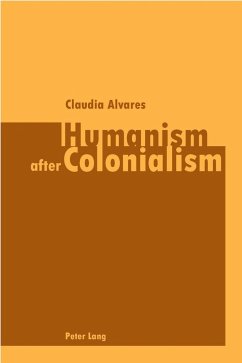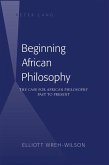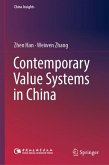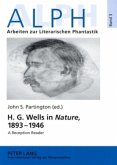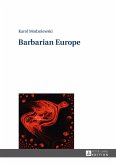This study provides a wide-ranging critique of contemporary anti-humanist postcolonial theory. By charting a genealogy of the complicity of humanism and oppression in the New World, this analysis highlights the process of consolidation of a racialised, autonomous and rational modern subject as well as the existence of a fractured modernity. Situating contemporary Derridean critiques of humanism within the Hegelian tradition, this work demonstrates that post-modern anti-essentialism does not succeed in escaping totalisation. Furthermore, it contextualises the fractured modernity of the Western humanist tradition in relation to the works of key twentieth-century thinkers such as Frantz Fanon, Hannah Arendt and Emmanuel Levinas, arguing that these authors problematise the common reduction of humanism to a totalising outlook, due to their revelation of the gaps and fissures prevalent in the modern. Combining insights drawn from Fanon's emphasis on lived experience, Arendt's enlarged mentality and Levinas's non-ontological transcendence, this study aims to deconstruct the complicity between humanism and colonialism.
Bitte wählen Sie Ihr Anliegen aus.
Rechnungen
Retourenschein anfordern
Bestellstatus
Storno

